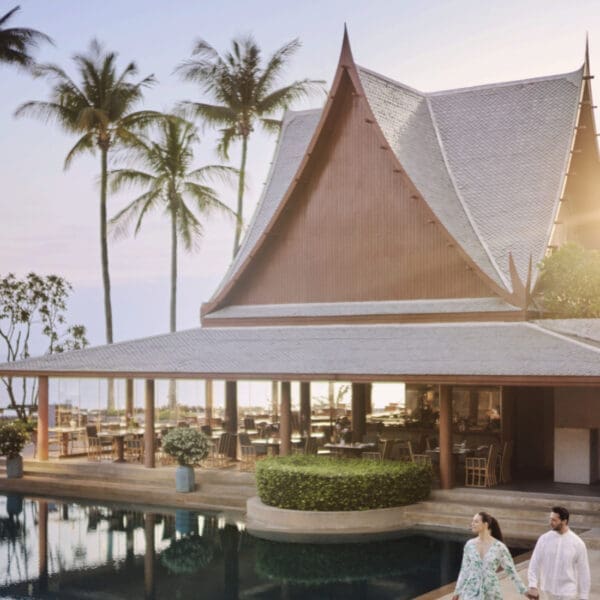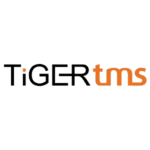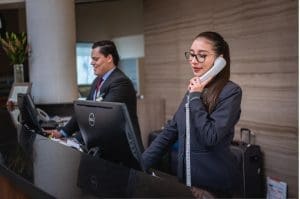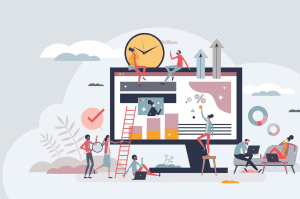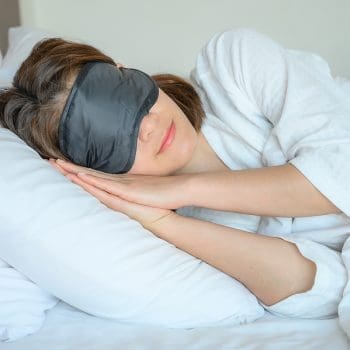 It’s likely part of every hotel organization’s reason of being to provide guests a welcome place while traveling where they can get a good night’s sleep to feel refreshed for the road ahead. This concept has existed for since modern hospitality companies started emerging over a century ago. But now, there are forces at play that are accelerating this core driver, and if you ignore them your brand may suffer.
It’s likely part of every hotel organization’s reason of being to provide guests a welcome place while traveling where they can get a good night’s sleep to feel refreshed for the road ahead. This concept has existed for since modern hospitality companies started emerging over a century ago. But now, there are forces at play that are accelerating this core driver, and if you ignore them your brand may suffer.
Here are some of the cultural factors that are shifting consumer behavior:
- Sleep science has gone mainstream with books, newspaper articles, foods, products and devices all offering ways to enhance one’s sleeping efficiency
- The pandemic drove the awareness for wellness practices and wellbeing, of which is the need for good sleep hygiene which is a foremost means of bolstering the immune system
- The popularity of and access to online review websites has given prospective guests a transparent and largely bipartisan way of knowing if a hotel has rooms that are noisy or not conducive in any other way to a good night’s sleep
- Tech companies are responding to the concern that blue light emissions at night from LED screens interrupt normal circadian rhythms, with these features acting as a self-reinforcing loop for awareness of the dangers of blue light immersion
- The growing demand for in vogue wellness programming like sleep tourism, digital detoxing, forest bathing or guided fasting all involve elements of circadian restoration
This is hardly a breakthrough finding, but if most hotels are already cognizant of these forces then it creates an arm’s race for which brands attempt to one-up each other by marketing their in-room sleep-enhancement features as value-adds and non-rate booking drivers. Concurrently, if consumers are developing good sleep habits at home, then hotels have to be better lest they be perceived as subpar and not worth the price or category.
All told, sleep programs are no longer solely for wellness resorts and five-star luxury. Every hotel will soon need one in order to grow rate, with a process for continuous review and upgrade so that its features are equal to or better than both the comp set and the average household.
Luckily this is not a one-size-fits-all territory; there are solutions ranging from inexpensive to wildly high tech. It’s a matter of defining what works best with your brand, the travelers you want to attract and, of course, your budgets.
To help with the inspiration before the perspiration, here’s a short list of what you can do:
- Linen, bed and pillow types known for their quality in this regard
- Soporific herbal teas like chamomile or passionflower available in-room or on-demand
- A pillow concierge who can recommend a range of materials to fit the comfort scale
- Clinically safe, over-the-counter sleep aids like melatonin or valerian root also available as a guestroom amenity or as an on-demand service
- Specific F&B options designed and promoted for their sleep-improving qualities
- Nutritionists, herbalists, hypnotherapists, RMTs, physiotherapists or any other manner of ‘sleep experts’ available for onsite consultations
- Purposefully designed spa treatments with products available for purchase in the gift shop
- Convection saunas, infrared saunas, steam rooms, banyas and relaxation lodges
- Onsite yoga, meditation, mindfulness or breathwork or group healing classes
- In-room guided programs per the above or others like progressive muscle relaxation (PMR)
- Bathroom amenities with ingredients known to enhance sleep or even nasal oil applications
- Mineral or vitamin-infused showers proven to relax the body
- Circadian lighting that naturally shift from blue (morning) to amber (night)
- Smart thermostats that lower the temperature in the middle of the night to prolong sleep
- In-room noise minimalization which may require better windows, new HVAC or thicker doors at a high capex to do right, or easier-to-implement noise canceling equipment that provides for adaptive sound masking
- In-room aromatherapy, including dispersal machines, soaps, incense, candles (be careful), oils and fabrics, for calming scents like lavender or jasmine
- New-age bedside electronics that offer everything from the melodic sounds of crashing ocean waves help you doze off to intuitive alarm clocks that connect to the room controls via IoT
- Dedicated relaxation spaces like a cozy fireplace library or green-walled naturalistic lounge
- Soothing activities like Zen Garden or mandala art classes
- Wearable bedtime devices such as a smartwatch or smart ring that monitor a guest’s vitals during sleep as well as connect back to an AI that can then offer algorithmic recommendations for the following night or modify room controls in media res via IoT
- Even more sci-fi, advanced health diagnostic tools like a metabolome bloodwork assessment (noninvasive via skin-contact sensors) that gives a picture of all metabolites in the body then returns specific dietary, medicinal and exercise regiments
In all of our recent assignments where we review operations and offer recommendations to improve the product, building a wellness program or augmenting the existing one has been a topic of discussion, with a sleep as a central topic therein. We conduct this exercise because we know that a good night’s sleep is a leading factor in guest satisfaction and word of mouth, but also because of the aforementioned upsell opportunities and long-term brand equity support. Setting up a sleep program is not a one-and-done but something that will bear fruit for decades of happy guests ahead.
This article may not be reproduced without the expressed permission of the author.






